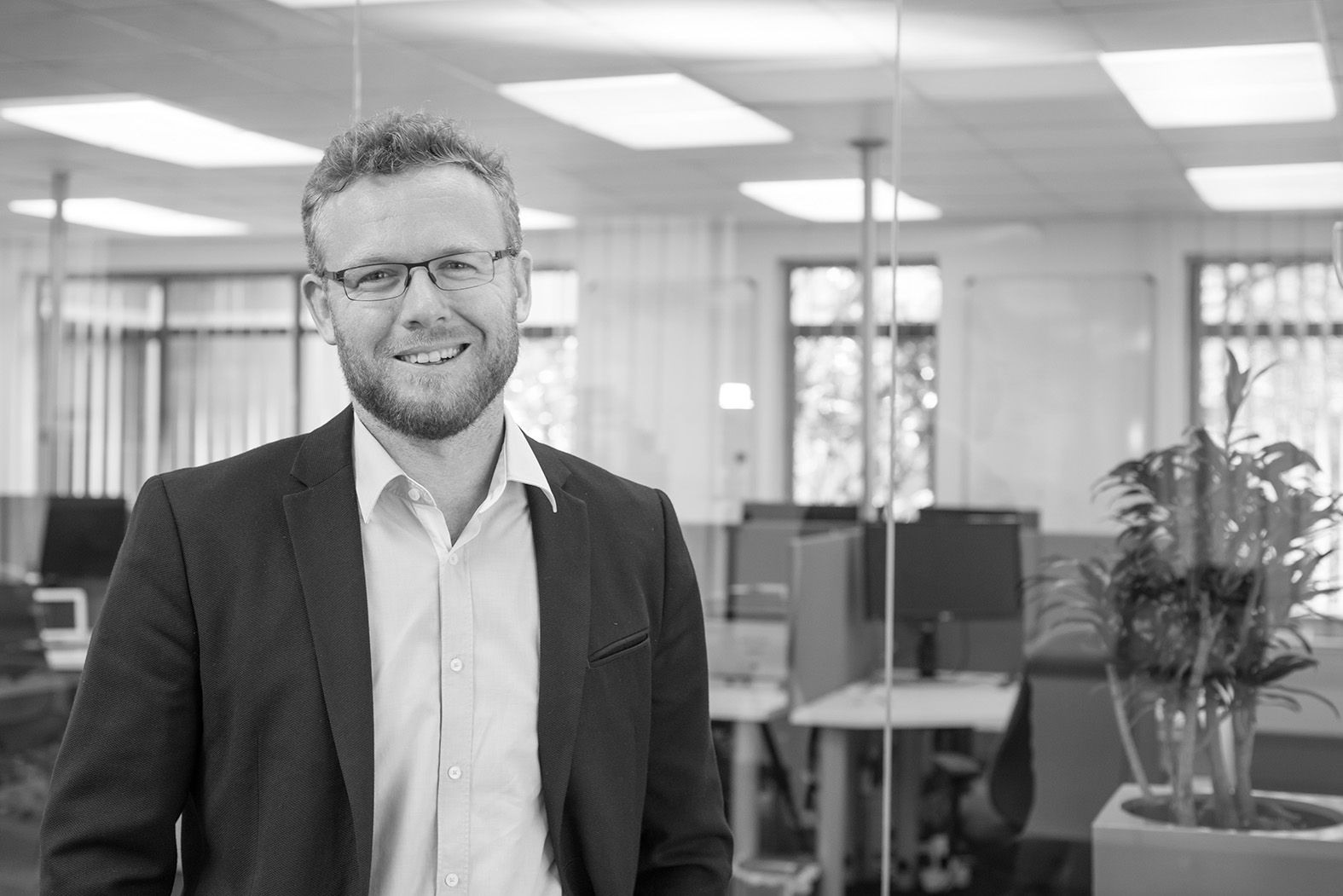Fundamental innovations in treating chronic diseases, both through pharmaceuticals and clinical protocols, have made potentially life-changing healthcare possible for patients suffering from these conditions. Worldwide, however, less than 6% of patients experience ideal outcomes due to problems in the real-world execution of these treatments. The funding, technology and know-how are available, but the prevailing delivery model — primarily face-to-face, doctordriven, generalist care — is unable to deliver results because it is not structured to deal with chronic, data-driven care.
The global cost of diabetes care alone is approximately R12.9-trillion per year. This is primarily driven up by excess hospitalisation, which is often due to avoidable complications.
Guidepost improves the health of patients and decreases the rate of hospitalisations by linking expert diabetes nurses with patients through its custom software platform, enabling long-term coaching relationships that help patients make incremental progress towards health.
Scientists Richard Johnson and Graham Rowe developed Guidepost in 2012 to enable a long and healthy life for every person with a chronic disease. With their backgrounds in analytics, process design and software development they realised that there was a better way to help nurses care for their patients. Rather than nurses drowning in paperwork and being frustrated by confusing and missing healthcare information, they saw a future where nurses would be given superpowers by a business model that augments their ability to provide care. In Professor David Segal they found a doctor who shared their vision; he joined the company shortly after it was founded to add his clinical expertise to the Guidepost system.
Guidepost has taken a unique approach to healthcare technology. Rather than building apps for patients, the team believes that healthcare will always be about a human relationship between a healthcare professional and a patient.
Founders Johnson and Rowe initially intended to start a business to personalise healthcare services based on an individual’s genetic profile. However, they soon realised that there was a much bigger problem to address. In practice, the vast majority of doctors simply don’t have the time to use data and analysis, even in extremely simple and wellestablished cases, such as using blood glucose data to determine treatment for a diabetic patient. This pervasive failure dramatically weakens the effectiveness of treatment and results in enormous waste in the healthcare system. Rowe says: “Even when it’s obvious that something needs to change in theory, like the way diabetes is mismanaged, there’s a lot of inertia and chaos in the real world that you’re constantly fighting against”.
Nurses anywhere in the country can provide critical chronic disease coaching services directly to their patients using the Guidepost platform, regardless of where they live, bringing specialised skills to patients who need it most. The Guidepost approach to care allows nurses to work part-time, making use of their available hours to improve their earnings. Patients of Guidepost not only show superb clinical improvement in as little as four to six months, but each nurse is also able to provide intimate, personal attention to a huge portfolio of over 500 patients with complex, chronic disease.
“Diabetes is for life and it’s fantastic seeing someone who’s been avoiding the issue for years gain confidence and ability and take back control. And even better is to think we could scale up to do that for millions of people,” says Rowe.
Rowe grew up in Cape Town and graduated with a master’s degree in statistical genetics and then taught high school maths and science in Athlone. He later moved to Johannesburg where he worked as a strategy consultant and an insurance industry strategist, honing his analytical and business skills. After starting a genetic profiling business part-time with Johnson in 2009 and getting a taste for start-ups he entered entrepreneurship reality TV show The Big Break Legacy in 2011, where he beat 25 000 other entrants to win $500 000 in funding — the seed capital to start Guidepost in 2012.

Johnson grew up in Pretoria and studied at Rhodes, where he convinced the dean of science to allow him to complete a combined BSc honours in biochemistry and computer science — the first time this had been attempted at the university. After graduating in 2001, Richard worked for 10 years at global technology consultancy Accenture where he progressed rapidly from analyst to senior manager. His work included IT strategy, enterprise architecture and large-scale technology project implementation mostly in telecommunications, controlling teams of up to 100 people. During his tenure at Accenture he completed his MBA part-time from GIBS with 18 distinctions; he also won the top student award for Entrepreneurship.
Almost a year after founding, the first client (global diabetes pharmaceutical market-leader Novo Nordisk) was secured and the team expanded to eight full-time employees and moved to its own office in mid-2013, with a portfolio of over 1 000 diabetes patients to manage. Guidepost’s portfolio of clients includes world-leading innovative pharmaceutical companies Roche and Astellas.
The company now has over 5 000 patients under management across complex and demanding clinical areas like diabetes, renal care, organ transplant and oncology. According to Johnson: “We have developed a unique way to address a huge social problem with a simple and efficient approach that we have demonstrated works.”
Nurturing a business from the ground up is a tricky task. As Johnson says, “New businesses are extremely fragile and require total commitment from the founders — you’re accountable for everything — from the biggest strategic questions down to keeping the floors clean.”
With a proven, hard-to-copy product and a global market for diabetes care services of over $100- billion across 400 million patients, Guidepost is well positioned for years of exponential growth. Find out more about Guidepost at www.guidepost.co.za